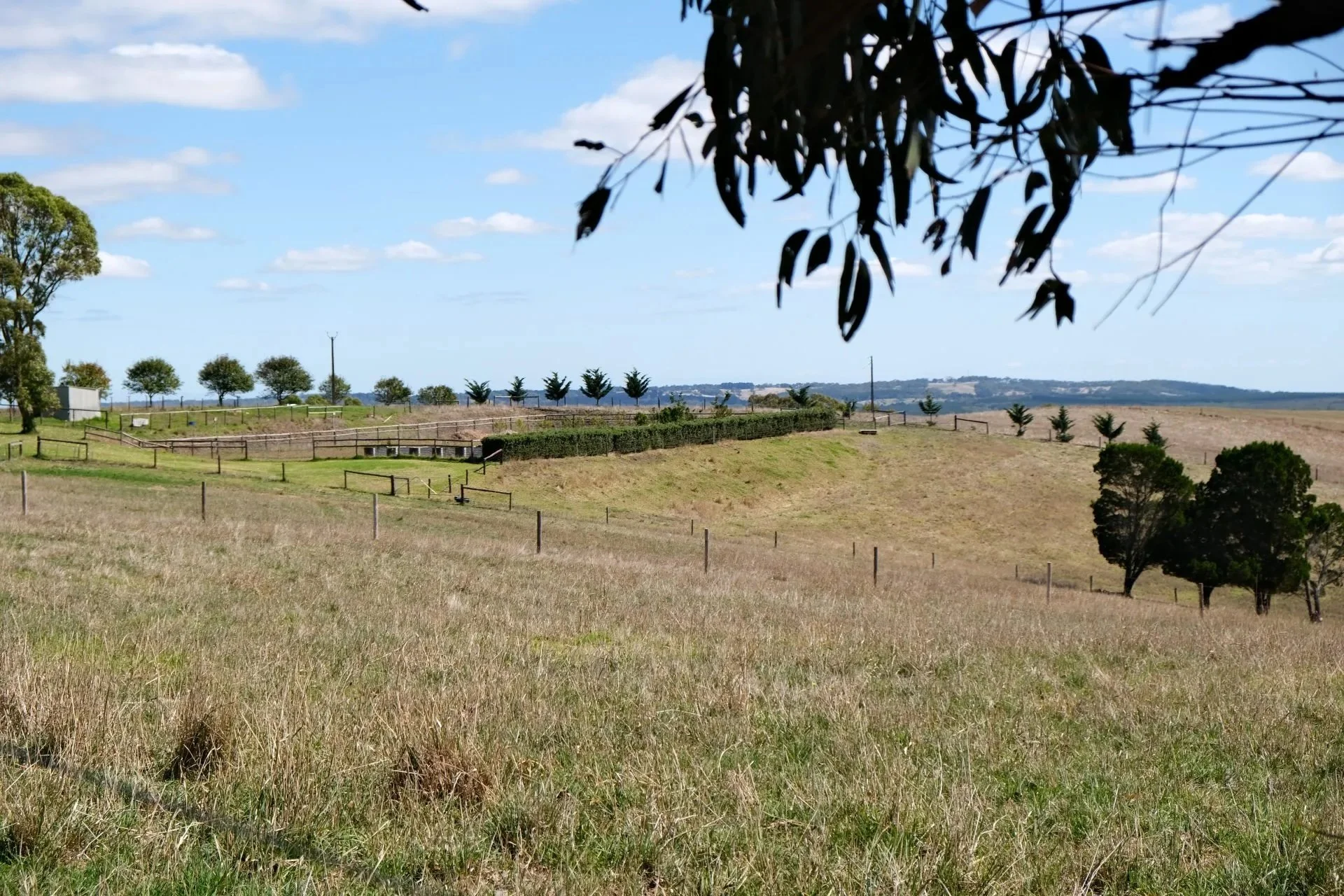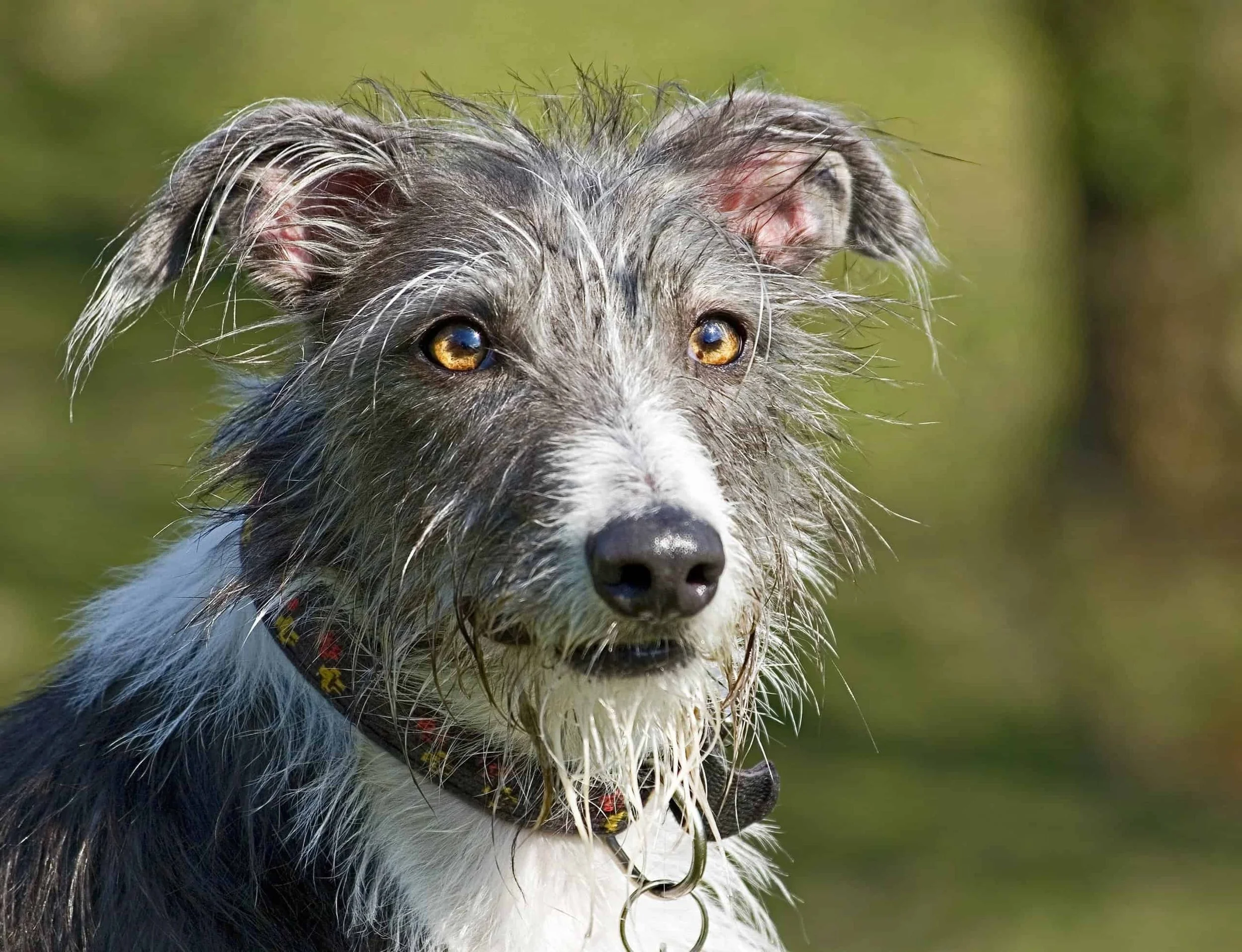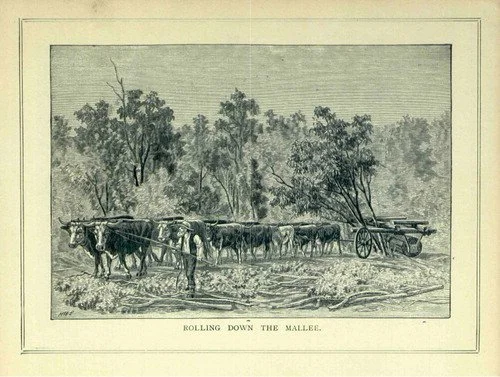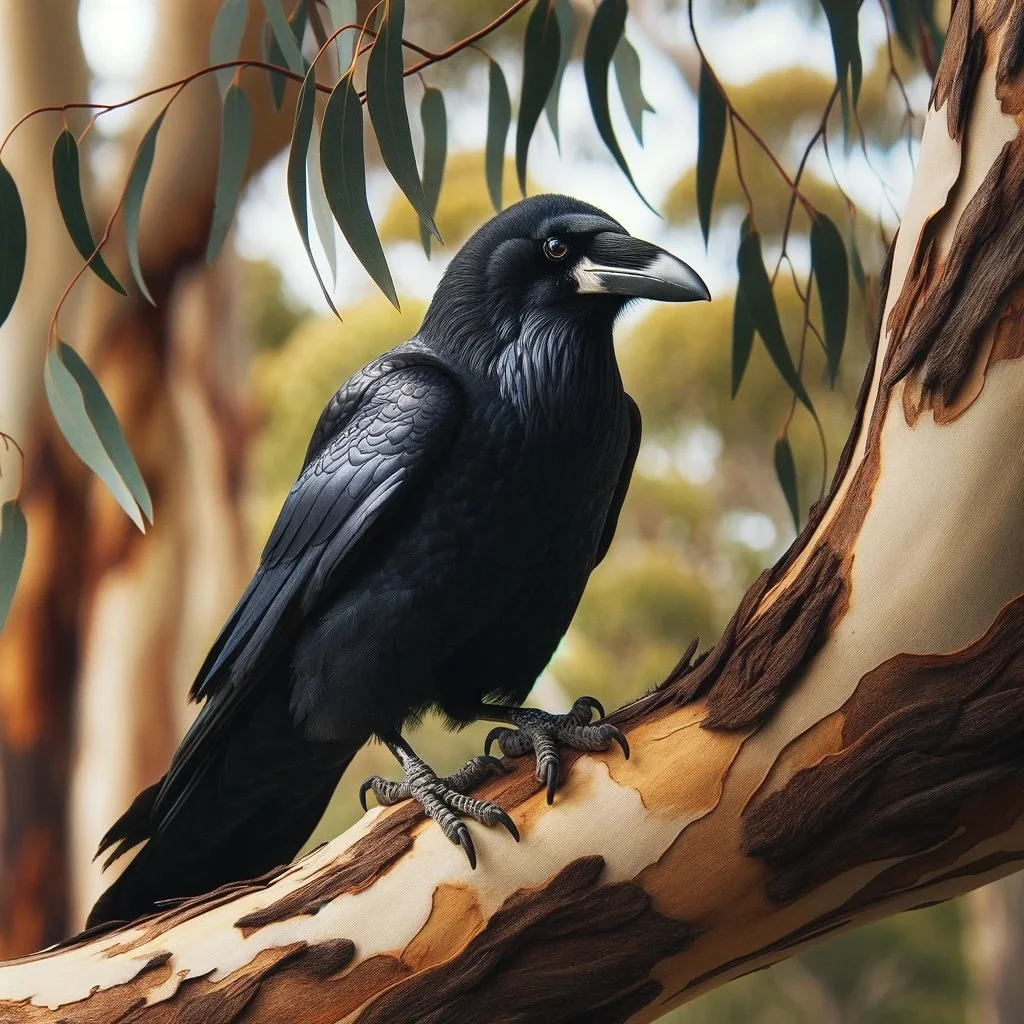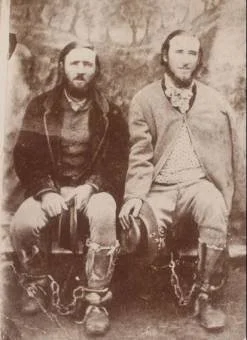Making yourself out to be better than you are by way of boasting and showing off is something that Australians have never tolerated. We have had different words for this behaviour at different times of our history but they have always been words that convey a scathing disapproval.
Read MoreFor me sheila mostly inhabits the phrase blokes and sheilas which I thought of as possibly still used in the bush, but definitely a nod to traditional Aussie English. Harmless. But when I looked at some evidence of use of this word, I found some surprising things.
Read MoreThe word scrub is related to the word shrub and in England referred to a brushwood or undergrowth. It could also be a coppice or copse where the trees were grown to a certain height and then cut down for use. But in Australia the scrub is totally natural, mostly despised, and ranging from above human height to a low heath.
Read MoreA person who wrought a scam was a wroughter. Somewhere in the late 1800s, early 1900s, the spelling changed to rorter in both Australia and the UK, except in the case of the racecourse wroughter where, perhaps because it was part of a compound, it became fossilised.
Read MoreI think that most Australians would regard prang as a solid bit of Australian English. But the fact is that it is an item that we share with British English, and that it originated with the R.A.F. in World War II.
Read MoreThere is an Australian paddock mentioned in 1808 which is of the English variety and is a small enclosure. Often it was convenient to have the horse or the milking cow confined next to the farmhouse and so a small enclosure was all that was required. By 1849 the paddock had expanded to many thousands of acres.
Read MoreIn the Australian tradition there has been more acceptance of mongrels just as there has been less demand for high status and good breeding in men. It is actions that count and mongrel dogs perform very well.
Read MoreMate is a word with a very long history in English. It comes to us from Middle Low German where it was a shortened form of the Middle High German gamazze which breaks down into a suffex g- meaning ‘in company with’ and maze meaning ‘meat’, or food generally. A mate was a person that you shared your meal with.
Read MoreMallee is a term used for any of various eucalypts which have a distinctive habit of growth – the branches all shoot from close to the ground springing from a common base called a lignotuber. It is as if the tree keeps its trunk underground where it swells, forming a supply of starch to the foliage above ground.
Read MoreThe idea of the inland sea took hold when, in 1817-18, Oxley discovered that rivers on the inland side of the Blue Mountains flowed westward. Since rivers have to flow into a large body of water, it was suggested that there was an inland sea filling the centre of Australian into which the rivers emptied.
Read MoreWe all know the basic meaning of grub. It is the larva of an insect, most commonly a beetle, but it can be used generally for anything of that nature such as a caterpillar or a maggot. We can even perhaps use it for a worm although that would be a mistake.
Read MoreThe forest in Australian English is in very general terms a large stand of trees. It can be open forest in which the trees are spaced apart with open terrain between them, or dense forest in which they are close together with thick underbrush between them, the most extreme form of this being rainforest. Whatever it is, for farming purposes it has always needed to be cleared.
Read MoreThis is the bird which, in more recent years, we have been encouraged to call a raven. The Australian raven is the name of a species of bird (with two subspecies) that inhabits the southern and north-eastern parts of Australia. We have a crow, a genuine crow, in northern Australia that we share with PNG.
Read MoreIn British English, the basic idea of a creek is that it is that it is a small fold or curve in the bank of a body of water. It is a small inlet, often with some run-off from a fold in the land entering the water at that point.
Read MoreIf you were to mention these days that someone had the convict taint, you would be met with blank looks, but the label aroused passionate debate from the 1840s on in Australia.
Read MoreWe observe the world around us and then we draw useful comparisons between animal behaviour and human stereotypes. A child is a little monkey when they are mischievous. An adult is a parrot or a birdbrain when they are noisy and stupid.
Read MoreThe casuarina was named by Linnaeus who had seen an image of a tree from Indonesia. Its green growth drooped like the feathers of a cassowary and so the genus name Casuarina was created.
Read MoreWhoever thought the history of gangs in Australia would begin with a hat! That is to say, the cabbage-tree hat, commonly worn in the early days of the colony at Sydney Cove and still popular until the end of the century.
Read MoreThe word bush was borrowed from the Dutch bosch meaning ‘woodland’. In the Dutch colony in South Africa it was applied to any tract of land in its natural state, but the word turned up early in America also (first citation 1657) and it is from the Americans that we gained both bush and bushranger.
Read MoreIt is astonishing the zeal with which the European settlers set to work to give a detailed description of the Aboriginal mythological creature that lived in the swamps and lagoons. The small setback of never having seen one didn’t seem to trouble them.
Read More




